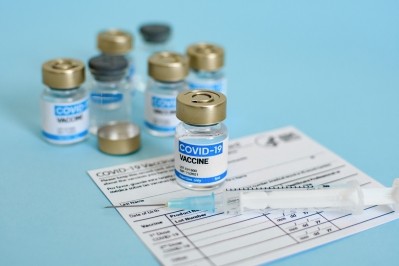AstraZeneca’s DKD pipeline highlights potential to differentiate in kidney disease space

The objective of the phase 2b trial, which was discontinued because of the efficacy data, was to evaluate the safety and efficacy of tozorakimab in subjects with DKD.
Despite this setback, AstraZeneca is looking to differentiate in the DKD space with its pipeline drug, zibotentan. If approved, having another treatment option could be of high value to physicians looking to find an optimal treatment of choice for individuals with DKD, says data and analytics firm GlobalData.
Kajal Jaddoo, senior pharma analyst at GlobalData, said: “According to key opinion leaders (KOLs) interviewed by GlobalData, unmet needs in the kidney disease space include next-generation therapies with alternate mechanisms of action and enhanced clinical profiles.”
AstraZeneca progressed tozorakimab into phase 2b for DKD in 2019, as there was evidence that increased inflammation is associated with deterioration in renal function.
In addition, the trial hypothesis was that inhibition of IL-33 might be beneficial for DKD patients on standard of care (SOC), who have elevated biomarkers of inflammation such as tumor necrosis factor 1 or C-C motif chemokine ligand 2.
Zibotentan acts by blocking growth receptors called endothelin receptors. It binds selectively to the ET-A receptor, thereby inhibiting endothelin-mediated mechanisms that promote cell proliferation.
Jaddoo concludes: “AstraZeneca has a strong commercial position and is well known in both the metabolic and cardiovascular markets. KOLs further emphasized that, until further clinical data solidifies the superior or non-inferior safety and efficacy of monoclonal antibodies in combination with SOC, physicians will not substantially change their prescribing patterns.”
















